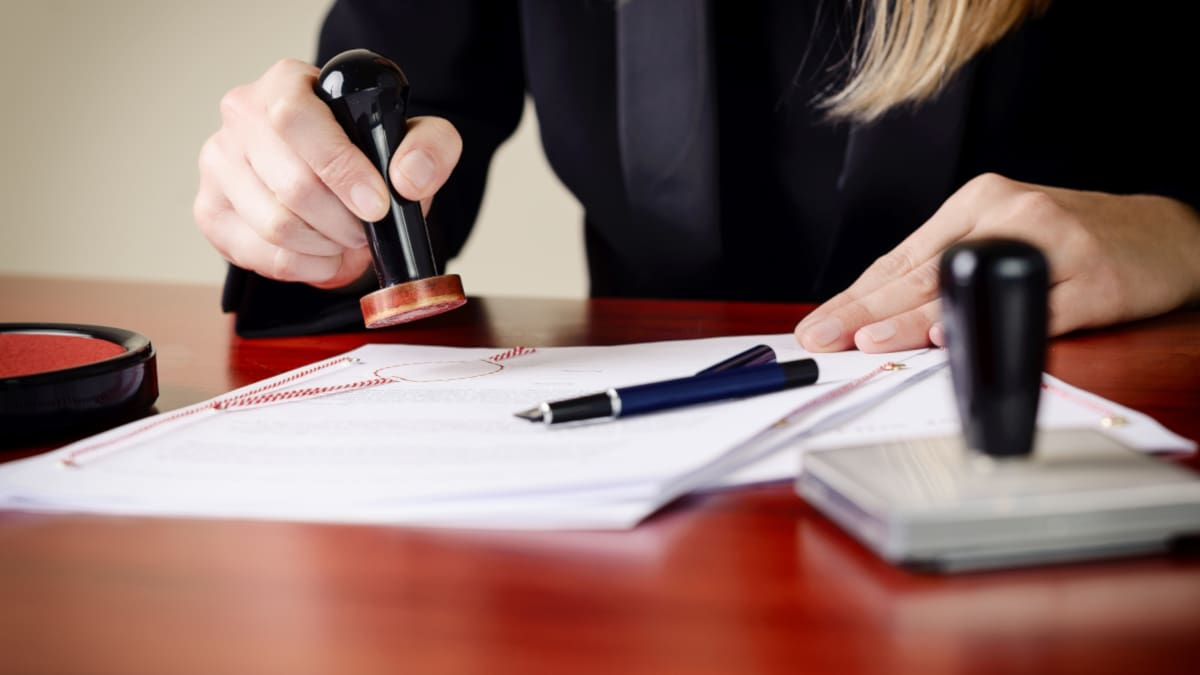With the use of seals, companies show that they are trustworthy, work transparently and at a high level of security – both in brick-and-mortar shops as well as in online shops. The seals make it easier to win new customers and can even lower advertising costs. Find out more on this topic in this guide.

Seals and certificates as an attest to professionalism
By showcasing seals, certificates or marks, companies can stand out from the competition. They signalise: I can do or am doing something especially good. The seals aim to make it easier for customers to choose suppliers or service providers. This is important, particularly because digitalisation and globalisation have enormously increased the number of potential business partners.
Marks serve as orientation. They are an attest to the ability of the holder to provide quality or performance, as these have been tested or proven in some other way. For instance for:
- Sustainability
- Price leadership
- Product range
- Customer friendliness/satisfaction
- Service
- Data protection or security
If the seal or certificate is based on independent, objective and transparent testing criteria and processes, this reinforces the trust and professionalism in your company. This means that reviews, too, are suitable as tools in B2B marketing. Ideally, they have such a high impact that …
- … it’s easier to win new customers
- … existing customers feel they’ve made a good choice
- … credibility rises
- … the costs for advertising sink
The effect of seals on consumer behaviour
The above-mentioned advantages show that certificates can have a positive impact on both a company’s image and its sales. Details of this and other effects can be seen in the survey Wirkung von Siegeln auf das Verbraucherverhalten (German only), which was commissioned by VERBRAUCHER INITIATIVE e. V., an organisation for consumers. The result offers a somewhat conflicting picture:
- Consumers believe that seals and certificates are generally a good thing. But they criticise the sheer number of them, making it difficult to gain an overview.
- The value of seals heavily depends on the product being purchased. Especially significant are electrical or household appliances and food. For everyday items, they are less important.
- The most important criteria for 80 per cent of those surveyed is the credibility of the seal. At least 70 per cent agree: the seals have to be awarded by an independent institute, and be understandable and known.
These results cannot be transferred one-for-one to B2B customers. But a seal in this business customer segment may have a similar effect.
Which seals and certificates make sense for B2B companies?
From a customer’s point of view, seals are helpful when they provide more than just a picture of the moment. A one-off certificate or award may grab attention, but they are past tense at the latest with the next holder.
Long-lasting effects can be created by seals and certificates only when they are awarded in regular intervals. This is because companies have to continually earn them again and again via tests or audits (for a fee). In some cases, even day by day. Take, for instance, systems which record (credible) customer reviews and publish these. They are the modern and digital equivalent to word-of-mouth references.
But careful: because more and more companies are leveraging the advantages of seals and similar and discovering their B2B marketing effect, the awarding of such has become a lucrative business. Which is why the number of award-givers has risen so strongly. This makes it more difficult to retain an overview and find a serious company. In this case, the Deutsche Institut für Qualitätsstandards und -prüfung (DIQP) (German only), an institute for quality standards and testing, is a trustworthy point of contact. It is designed for consumers who want to find out more about seals. But companies, too, can discover a host of information about awards on topics such as:
- Customer satisfaction
- Service quality
- Sustainability
Certificates and seals for online shops
Credibility and a well-known reputation are two of the most important characteristics for customers, according to the above-mentioned survey by VERBRAUCHER INITIATIVE e. V. Here is an excerpt of the seals and certificates which meet the requirements for online shops:
- Trusted Shops
- s@fer-shopping Gütesiegel (TÜV Süd)
- Geprüfter Online-Shop (Handelsinstitut EHI – German only)
- ips internet privacy standards (Datenschutz Cert GmbH – German only)
Depending on the focal point, the seal in question is proof of high security standards as well as transparency regarding orders, shipments, costs, cancellations and returns from customers. Or guarantee buyers’ protection with a money-back promise.
The basis is tests which are repeated, at times annually, for a fee. This includes a check of the online presence and the business terms as well as test purchases, depending on the process.
